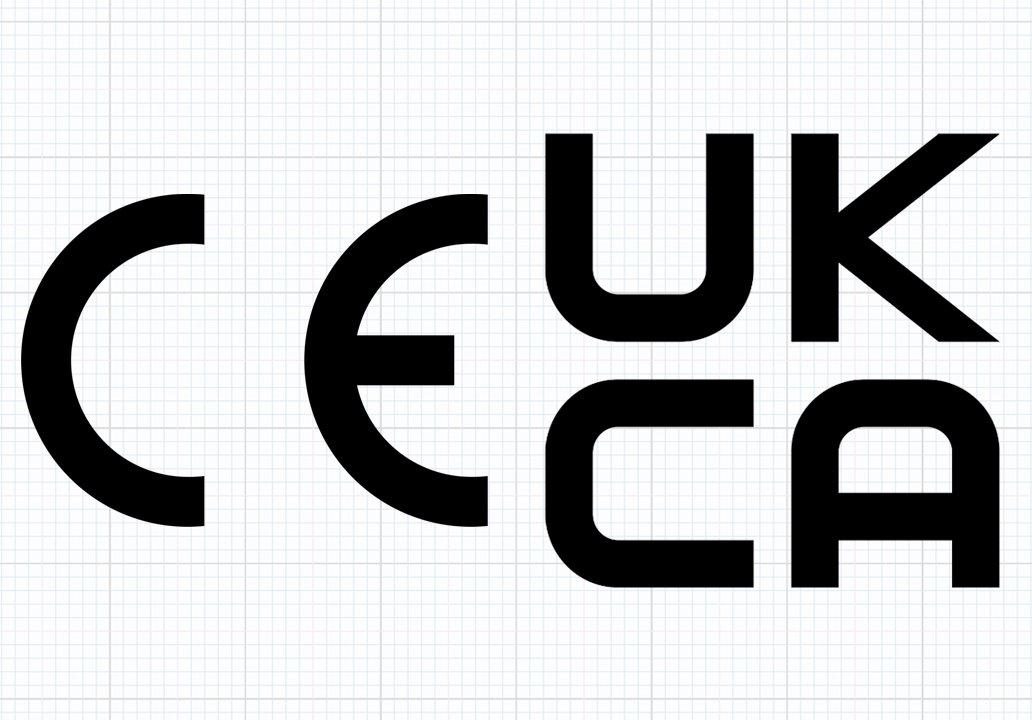What does the new Government Construction Playbook mean for payment?

The Government’s Construction Playbook is a major initiative aimed at significantly improving public sector construction procurement.
Although the Playbook provides guidance rather than legislation, it lays out a pathway for a radical and sustainable new approach to construction and facilities management. It is likely to be adhered to within central government, with local government being asked to ‘comply or explain why not’.
One issue the Playbook addresses is the notoriously slow and opaque payment application process under the Construction Act 1996.
Whilst the public sector client defines contractual compliance with the Playbook, the new document brings together existing policies and KPIs.
In the main, payment has been addressed by the Government’s PPN 07/20 note which demands companies bidding for public projects worth £5m+ to prove 85% of invoices are paid within 60 days, and that an action plan is provided for increasing that figure to 95%, thereby showing ongoing commitment to good payment practices.
This aims to 'pull' payment performance in the desired direction by incentivizing improvement through procurement behaviour.
In a recent Payapps webinar in association with Rob Driscoll, Director of Legal and Business at ECA, and Chair of the Cabinet Office SME Panel Payment Group, we explored what the Construction Playbook means for payment.
Rob recounted previous initiatives, codes and legislation which, even when aggregated, have not resolved the endemic issue of construction late payment.
This resonated with Stephen Voce, Commercial Director of UK engineering and services business HE Simm, and Director of management consultancy Port Causeway, who pointed to a history of ultra-competitive tendering. Despite various attempts, construction has yet to stamp out the legacy of poor payment practices left in the wake of these behaviours – with extended payment terms and ‘creatively’ worded pre-conditions essentially controlling available cash.
In search of digital transformation
Ranked as the third worst industry on digitalization, construction clearly needs to do more to benefit from electronic procurement and other business solutions.
Attracting newcomers to the industry is a necessity - digital and automated systems are expected by the next generation of new talent and a narrative of ‘We’ve always done it this way’ will neither impress or deliver the necessary results and efficiencies.
The Playbook, to which ECA was asked to provide input, advocates a more ‘digital’ and collaborative construction industry, referencing the need to ‘digitize’ the payment process:
“Suppliers should invest in automated, digital payment and contracting systems and processes. Digitization will improve transparency, information exchange, payment performance and contract management across the supply chain”.
The Construction Act moved the industry on by providing a communication framework around the vital subject of payment, and the opportunity now is to move the Construction Act into the digital age by leaving the paper trail behind.
Payment efficiency and risk reduction
HE Simm has taken a leading role on digital payment. Despite already paying over 90% of supplier invoices within terms, the business recognized that progressing to a digital payment system would increase transparency, reduce risk, improve supply chain collaboration and provide an easier payment process for both the business and its subcontractors.
HE Simm implemented Payapps construction payment management software 12 months ago and the business already reports significant improvements.
Digitizing the payment process with Payapps has helped to deliver consistency, visibility and standardization across payment applications and processing, which has contributed to efficiencies and cost savings. Risk is also reduced, as HE Simm is assured the correct information is being obtained from suppliers.
From a legal standpoint, Payapps is also helping to prevent costly disputes and project disruption. No longer is any one individual required to keep track of a project - all documentation is centrally recorded, and milestones are diarised so that necessary actions can easily be identified.
From a financial perspective, HE Simm now has visibility of all payment applications and clear sight of when payments are due. As a result, payments are being processed more quickly. In addition, automated workflows and reports have helped to give better forecasting of cash flow and margins.
As illustrated above, this offers tangible benefits to buyers and, by speeding up approvals, gives suppliers better predictability over payments and cash flow.
Working with leading industry stakeholders such as ECA, Payapps has engaged in thought leadership about digitizing payment and providing the collaborative digital approach that the Construction Playbook is looking for as we move well into the 2020s.
Read the White Paper on the Payapps website to find out more about payment under the new Construction Playbook, the wider payment landscape, and the situation for contractors.
To receive more information about Payapps, please email: info@payapps.com and quote ‘ECAtoday’
The Construction Playbook can be downloaded at: www.gov.uk/government/publications/the-construction-playbook
Are you up to date with ECAtoday?
ECAtoday is the official online magazine of ECA and reaches thousands of people within the electrotechnical and engineering services industry.




















